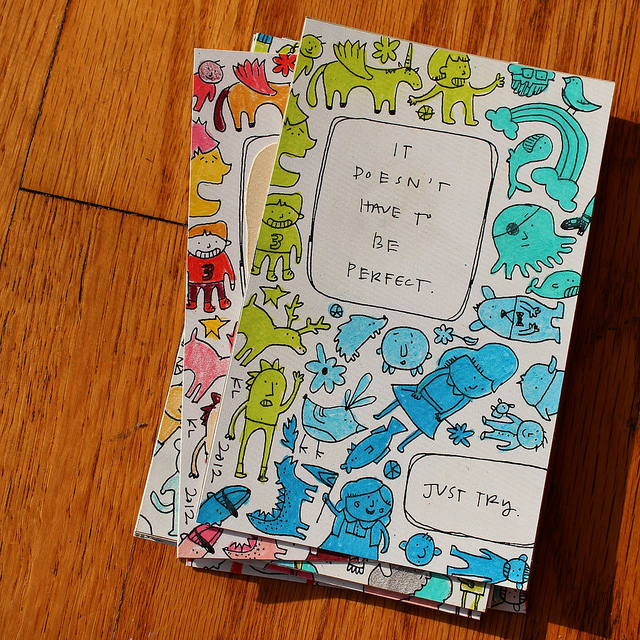3. Verb patterns
Top tips
We use verb+ing form:
- After prepositions: I am interested in learning a new language. I am thinking of going to Malta for my holiday.
- As the subject of a sentence: Parking in the centre is very difficult.
- After certain verbs: I love playing football.
We use to+infinitive:
- After adjectives: It's easy to remember. I was surprised to hear that.
- To express purpose and reason: Why did you study so hard? To get a good grade. I went to the pool to see Mary
- After certain verbs: I would like to do it.

Imagen de Nana B Agyei en Flickr. Licencia CC
VERB + -ING
Some verbs are followed by -ING.
- I avoided talking to him.
These include: admit, deny, dislike, feel like, give up, mind, avoid, discuss, enjoy, finish, mention, practise, suggest, take up, miss, understand, recommend.
VERB + TO + INFINITIVE
Some verbs are followed by TO + infinitive.
- James agreed to help me.
These include: advise, choose, help, afford, decide, hope, agree, expect, invite, learn, manage, offer, plan, pretend, promise, refuse, seem, teach, tell, want, would like.
VERB + INFINITIVE (WITHOUT TO)
Some verbs are followed by an object + bare infinitive (without to).
- I let him take my book home for one night.
These include: let, make, help.
VERBS FOLLOWED BY EITHER -ING OR TO + INFINITIVE
Some verbs can be followed by either -ING or the full infinitive.
- I started liking / to like Sarah after she helped me with my problem.
- With some verbs, the meaning is the same or nearly the same.
These include: begin, continue, hate, like, love, prefer, start.
- With some verbs, the meaning changes.
These verbs include:
Remember
- Have a memory in your mind: Do you remember seeing that film?
- Do something you are/were planning to: You must remember to lock the door.
Forget
- Not be able to remember a past event: I'll never forget meeting the President.
- Not do something you are/were planning to do: Don't forget to invite Mary to the party!
Stop
- Stop an action: I stopped working for them because I started my own business.
- Interrupt an action to do something else: It's difficult to concentrate if you have to stop to answer the phone every five minutes.
Try
- Do something to try and solve a problem: If you have problems sleeping, you should try doing yoga.
- Make an effort to do something: I tried to say I'm sorry, but she wouldn't listen.

Imagen de Katie en Flickr. Licencia CC
Complete the sentences with -ING or TO + infinitive.
- My uncle finally gave up … (smoke) at the age of fifty.
- I really enjoyed … (listen) to those CDs you sent me.
- How did you learn … (speak) Chinese?
- I enjoy … (write) postcards.
- The song made me … (smile).
- Do you mind … (open) the door?
- This is intolerable! I refuse … (wait) a moment longer!
- We managed … (arrive) in time.
- She'd like … (fly) an aeroplane.
- You should avoid … (make) silly mistakes.
- My uncle finally gave up smoking at the age of fifty.
- I really enjoyed listening to those CDs you sent me.
- How did you learn to speak Chinese?
- I enjoy writing postcards.
- The song made me smile.
- Do you mind opening the door?
- This is intolerable! I refuse to wait a moment longer!
- We managed to arrive in time.
- She'd like to fly an aeroplane.
- You should avoid making silly mistakes.
Do it yourself
Moving on
Practice verb patterns with the following exercises: